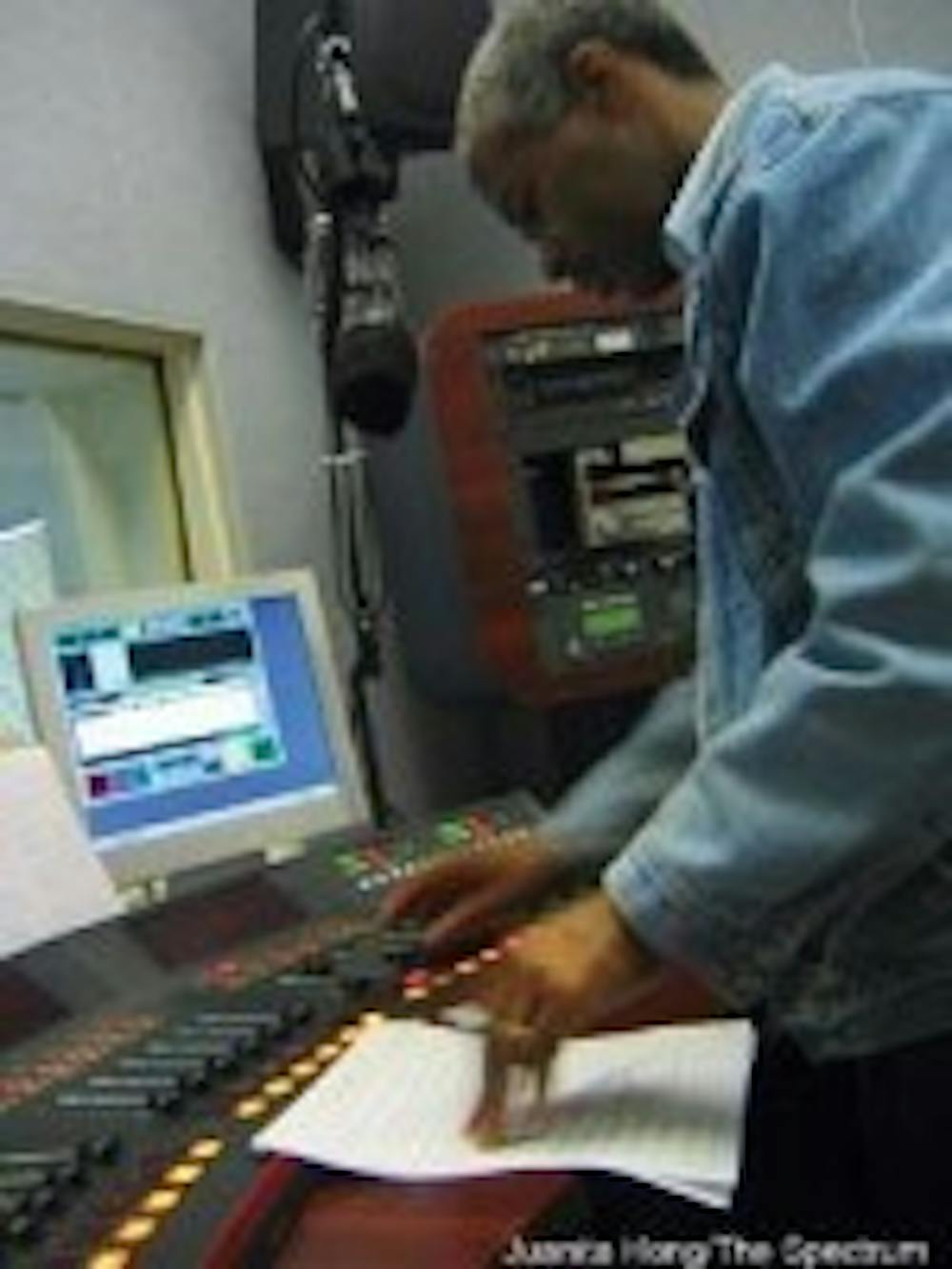WBFO 88.7, a UB-funded public radio station, has received a $70,000 grant from the Corporation for Public Broadcasting to pay for resources to allow WBFO to switch from traditional analog service to digital broadcasts.
WBFO, Western New York's only FM National Public Radio station, will be using the money to buy the necessary equipment to make the conversion to digital in its studios in Allen Hall on South Campus.
"Digital is the future of broadcasting, and the future is here," said Patricia Harrison, CPB president and CEO of WBFO. "Public radio stations will use digital technology to provide new and better service to their local communities."
The sound quality of digital to analog is compared to the sound of a compact disc to a tape cassette. Digital enhances the sound and also increases the quality of the transmission and reception to a point where static no longer exists, hence the nick name "smart receiver."
Other advantages of transitioning to digital for the listeners include audio on demand services and interactive features, better audio quality and more forceful signals, and multiple audio programming characters.
WBFO has always operated as a public service of UB throughout the Buffalo-Niagara region, reaching 100,000 people. It began as a student-run station and eventually became a professional station and charter member of NPR. The grant will help push the station forward to enlarge its listening base and the advancement in technology will drastically increase the possibility of program services by providing a better direct link to satellite programming and enrich the sound quality, according to Harrison.
"Public broadcasters play a unique and vital role in local communities, with unparalleled access to citizens in their homes, schools, libraries and workplaces. They encompass an array of services and information vital to citizens' lives, leisure and careers," said Congressman Brian Higgins. "WBFO provides the Western New York community with a rich and diverse array of radio programming consisting of news, information, entertainment and education programming."
The WBFO grant was taken out of the $190 million budget Congress uses for funding public radio and public television stations.
With 405 public radio stations nationwide, the deciding factors to figure out grant amounts are solely based on the absolute cost of the equipment needed and the contract decision made with each local radio station.
In New York, other rural radio stations that received funds included stations in Canton, Jeffersonville, Oswego, Canajoharie and Plattsburgh.
Although the grant is a huge advancement in pushing WBFO into the future, it is only a fraction of the money needed to modernize the studio, which is estimated to cost $250,000. WBFO officials said they are proud to have a wide range of funding, including the university itself, Congress and listener contributions. All of these donations help to ensure that it is feasible as a noncommercial radio service.
"I did not even know the station was that big to get such a grant," said Lillian Opira, a senior international business and marketing major. "This is the first time I'm hearing about it."
"I think it is money going towards a good cause," said Robert Yealu, a legal studies sophomore. "Advancement in technology is definitely excellent."





